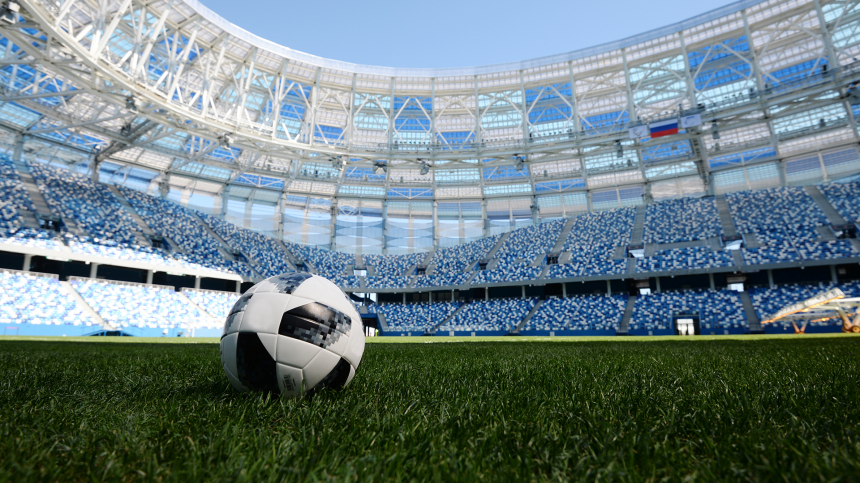Putin's Congratulatory Outreach to Trump Sparks Interest
As global tensions simmer, Russian President Putin praises Trump post-election, hinting at renewed diplomatic engagement amid complex geopolitics.
Published November 08, 2024 - 00:11am

Image recovered from guardian.ng
In a striking development on the international stage, Russian President Vladimir Putin has conveyed his readiness to engage in dialogue with Donald Trump, following the latter's recent electoral success in the United States. At the Valdai Discussion Club in Sochi, Russia, Putin extended his congratulations to Trump, highlighting the 'courageous' persona exhibited by the former U.S. president.
Putin's remarks, laden with admiration, come in the context of Trump's victory over Kamala Harris in the presidential race. Despite previously expressing a preference for the 'predictable' Joe Biden or Kamala Harris due to their alignment with Moscow's interests, the Kremlin has been noted for its strategic warmth towards Trump's anti-establishment rhetoric, a phenomenon captured during the previous electoral cycle.
Reflecting on Trump's conduct during a high-profile assassination attempt earlier this year, Putin lauded Trump's composure and valor, stating that extraordinary circumstances reveal a person's true character. Putin articulated, with reverence, the bravery Trump displayed, a sentiment echoed by various media outlets covering the incident. This Russian appreciation for Trump's stance adds a layer of complexity to diplomatic relations, as the two leaders' communication could influence global geopolitical dynamics, particularly regarding the ongoing Ukrainian crisis.
Amidst these overtures, it is essential to recall the accusations from 2016 wherein Russia was alleged to have interfered in U.S. elections to favor Trump's campaign against Hillary Clinton. Though the Kremlin has consistently denied these charges, the shadow of those claims looms large over any current or future discourse between the two nations. Both Putin and Trump seem to advocate for a strategic restart of U.S.-Russia relations, potentially reshaping alliances and conflicts within a multipolar world structure.
In various forums, including an interview with NBC, Trump expressed his potential willingness to address global conflicts, notably in Ukraine. His declaration that he could resolve the conflict 'in a day' if elected, with a 'very demanding plan' prepared, resonates with Putin's agenda of negotiating an end to strategic hostilities. However, skepticism has invariably followed such grandiose claims, reflecting the complexities of geopolitics where rhetoric must meet tangible diplomacy.
While Putin's statements might signal a thaw or shift in Eurasian-American alliances, underlying tensions persist. Putin's recent condemnation of Western intentions against Russia, particularly the alleged strategic defeats in Ukraine, underscores a fraught climate. His critique highlights the breakdown of post-Cold War Western dominance, painting a picture of a new world order in conflict, reshaped by ongoing power struggles and alliances.
Moscow's narrative of not viewing Western civilization as adversaries, despite historical tensions, suggests a nuanced approach to international relations. This is juxtaposed against the backdrop of NATO's strategic importance and the perennial tug-of-war over influence in Eastern Europe. Russia's enduring position is that dialogue remains possible, contingent upon mutual acknowledgment of legitimate interests, as articulated by Putin during his extensive discourse at Valdai.
In summary, the evolving landscape demands careful navigation of complex geopolitical realities. The intersection of domestic political strategies and foreign policy agendas could either usher in an era of cautious engagement or exacerbate existing fractures in global alliances. As such, Putin's overtures to Trump should be viewed through the prism of both opportunity and caution in international diplomacy.







